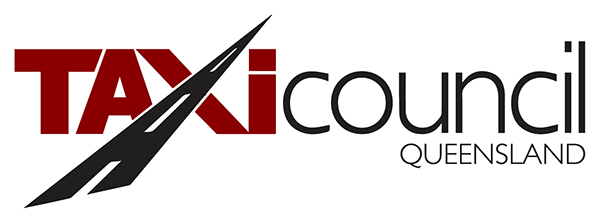Media release
26 July, 2018
The Taxi Council of Queensland (TCQ) is calling for the Queensland Government to urgently start checking the use of cameras and other recording devices in booked-hire vehicles following an incident in the United States where a driver for an Uber type service (Lyft) was secretly recording unsuspecting passengers and then broadcasting the footage online.
Since 2005, Queensland taxis have been equipped with Government approved security cameras that take high quality images, which are encrypted and stored in tamperproof, fireproof “black boxes” inside the vehicle. It is an offence for a driver or passenger to interfere with the cameras or access the stored images. The encrypted images can be only be downloaded by an authorised officer using special hardware and software, and they can only be used for a very narrow range of purposes, such as by Police investigating an official complaint.
CEO of the TCQ, Blair Davies says the incident in the US is just one more reason for the State Government to stop standing on the sidelines and get onto the field when it comes to enforcing its law. It is illegal for a booked-hire driver in Queensland to do what the Lyft driver did in the US, but that only matters if there are enforcement officers out on the road catching the people who want to ignore such laws.
“We have been calling on the Government to get serious about protecting passengers’ safety and privacy in booked-hire vehicles for some time now,” says Mr Davies, “yet little seems to be happening. Uber drivers in particular are regularly seen touting for cash jobs where there will potentially be no trace of the trip whatsoever if something goes wrong.
Under Queensland law, booked-hire drivers accepting payment in cash are required to have an approved security camera system fitted to their vehicle.
“Customers getting into a taxi can have confidence that there will be an approved camera system in the vehicle and that the camera is there for their safety. The cameras are highly visible and there are stickers on the doors advising about the operation of the cameras,” Mr Davies continues.
“Taxi customers don’t need to have any concerns for their privacy because the images and recordings taken by approved camera systems are encrypted and they are only available for downloading by authorised officers. The cameras in taxis make riding in a cab a lot safer for drivers and passengers.
“However, there are probably only a handful of booked-hire vehicles in Queensland that are fitted with approved camera systems. That means there is no real protection of passengers’ privacy and safety in any of the other booked-hire vehicles, either where there is no camera, or such in the US case, where the passenger is unaware of a non-approved camera.”
Under Queensland law, booked-hire drivers are only allowed to accept jobs that are dispatched to them from an Authorised Booking Entity so any form of touting is illegal.
“Our cabbies are on the road 24/7 and they are telling us that touting by booked-hire drivers is rife in Brisbane as well as other parts of the State. That means there are Queenslanders getting into vehicles and paying the driver in cash but there is no approved camera system. It’s a risky business for customers, risky business for drivers, and it’s simply unsafe for everyone. This is happening in plain sight of our cabbies so we’re asking, when are the authorities going to act?
“We view security cameras as an investment in driver and customer safety. They also protect everyone’s privacy because we understand that no image from an approved security camera has ever been used for anything other than the investigation or prosecution of offences, or suspected offences, occurring inside a taxi.
“On the other hand, anyone jumping into a booked-hire vehicle can be pretty much assured that there won’t be an approved security camera protecting their privacy and safety. Especially for the consumers accepting trips from touters, they are putting themselves wholly at the mercy of unscrupulous drivers and you don’t need to be an Einstein to know how badly that can end,” concluded Mr Davies.
ENDS
